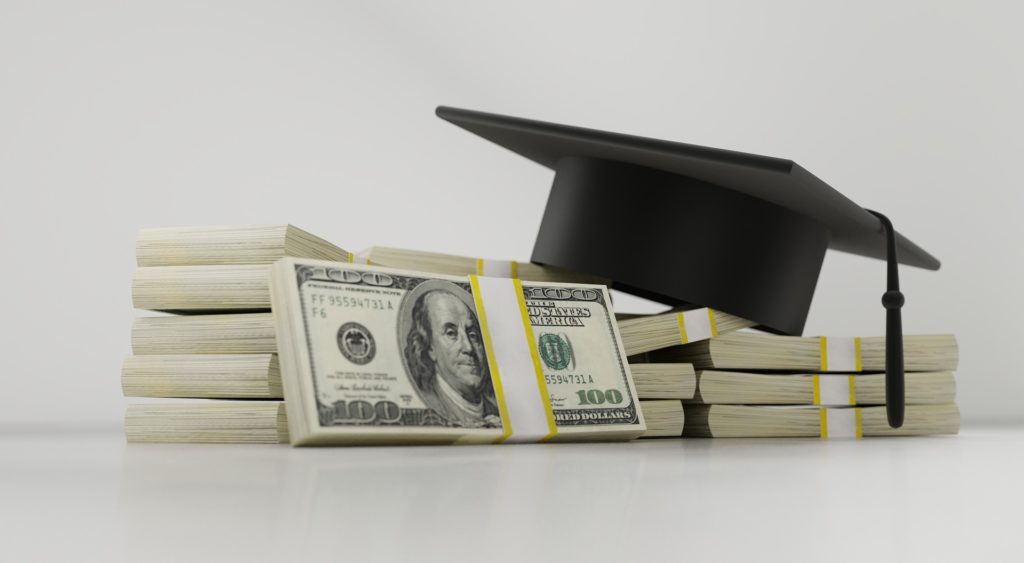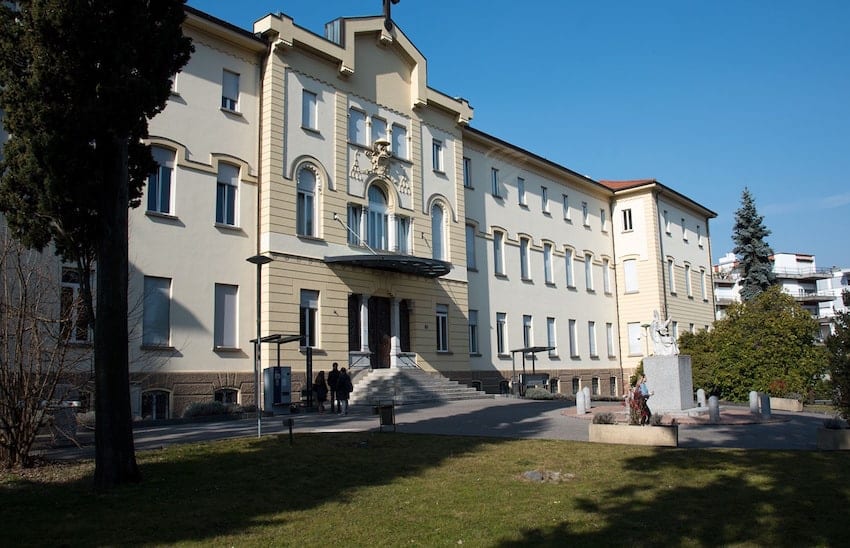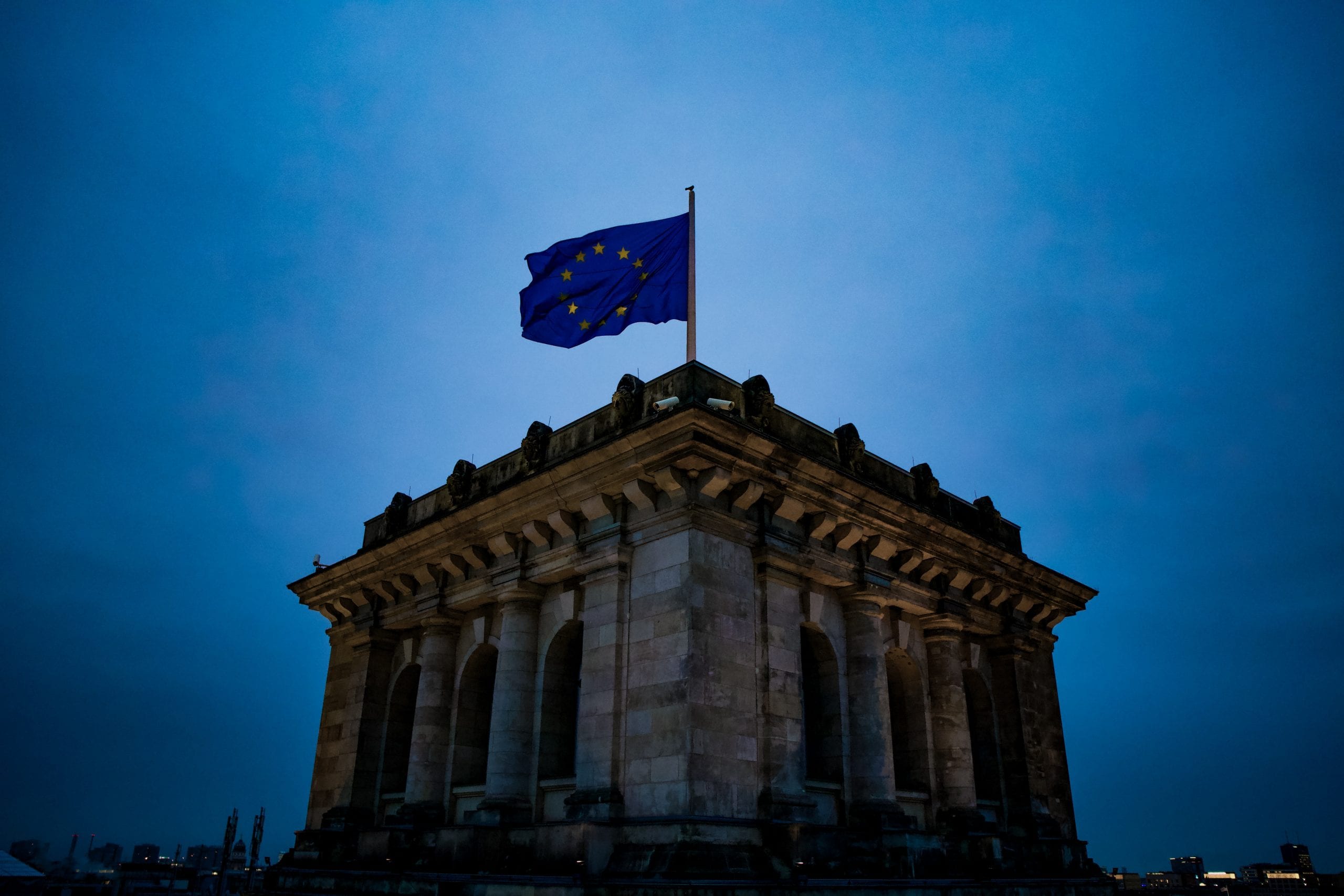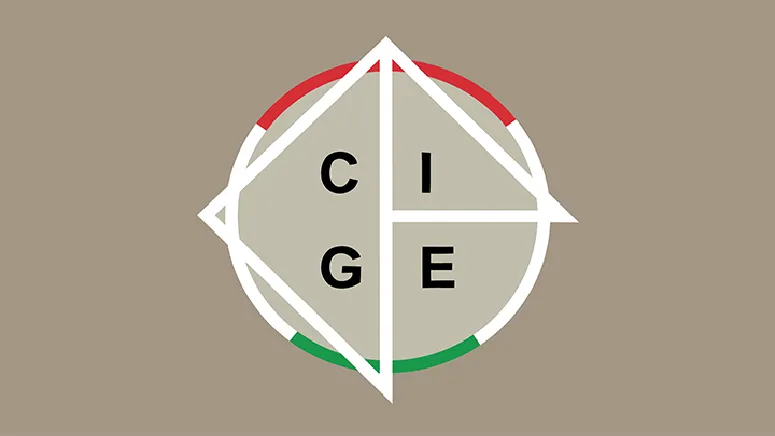by A. Altieri D’Angelo
Unfortunately, due to various factors, the answer must be yes.
The U.S. and much of the world are focused on the U.S. Department of Justice’s investigation into Donald Trump illegally possessing highly classified documents. But President Biden’s announcement of a plan (the Plan) to forgive a portion of the student loans owed by 43 million people is also a controversial topic of conversation in the U.S. It has generated enormous hostility, mainly on the part of republicans, and disappointment among many progressives. However, initial polling suggests the political center of the electorate seems happy with the Plan.
The Plan, announced last week, includes forgiving up to $10,000 in loans for individuals earning $125,000 or less and an additional $10,000 for borrowers from low-income backgrounds who received Pell Grants in college. Mr. Biden also proposed changes to loan repayment plans for the future that will reduce monthly costs and eliminate interest accumulation for millions of lower-earning borrowers who maintain payments.
Republicans criticized the Plan for several reasons: it is too expensive; inflation will increase; the program will reward failure because the student borrowers never lived up to their commitment to pay, and the Plan’s benefits will go to the rich. (The Republicans are right about the cost of the Plan; it is expected to cost @$600B over ten years.)
Democrats believe the entire system is designed to encourage students to borrow and, at the same time, not deliver an education that will provide the means to pay off the loans. They assert that the Plan is needed to help students who were duped into taking loans; and will primarily benefit low-middle income students. Many Democrats, however, feel the $10,000/$20,000 limits are far too low.

Joe Biden was in a no-win position. He promised debt relief when he ran for the Presidency. But his conservative nature caused him to question the moral acceptability of such a plan and its costs. As a result, Biden took months to formulate a plan. His solution was a targeted forgiveness plan aimed at low-middle income people with student loans. But he capped the amount to keep the costs down.
Forgiving any portion of student loans is problematic, given that many people have already paid off their debts. Yet today, 43 million people with outstanding loans need help. Biden was making good on his campaign promise. But this Plan does nothing to prevent excessive student loan borrowing in the future. And many fear that there will be ongoing political pressure to implement further student loan forgiveness plans.
The United States must encourage and provide higher education to its citizens. It is a strategic necessity. However, it does so in a haphazard and hugely expensive way. The result is that centers of learning, whether non-profit colleges and universities or for-profit schools are incentivized to charge higher prices (the government is essentially paying the bill through its loan program). The cost of higher education is three times higher than it was in the 1980s, and that is after accounting for inflation. Student borrowers are generally unaware of the cost of the loans (including interest) and the expected benefit of earning a degree in specific categories such as liberal art, medicine, etc. Many students incur huge loans and end up in jobs that pay a fraction of the annual servicing costs of the loan. They struggle year after year to pay off the loans.
In an ideal world, the President should have come out with a plan that would provide greater transparency as to why educators need to charge such high tuition. His administration should also inform students about the likely payback of different degrees versus the tuition costs. The Plan could have enhanced a borrower’s ability to repay the loans by working for charities or the government. And most importantly, it should encourage people to consider seeking a trade rather than a general education. Unfortunately, the President would need Congress to authorize such a sizeable, comprehensive program; that will not happen anytime soon.
Given his promise and limited legislative power, Biden made a political decision that was, in effect, bad policy. One could argue this is the best he could do given the tenuous hold democrats have in the House of Representatives and the Senate. But Biden must do more. He must explain to people who have suffered for many years and paid off or are paying off their loans that they were not stupid for doing so; he must highlight that the benefits will go primarily to low-middle income students.
For Biden, the Plan is a political compromise that allows him to say he fulfilled his promise. He may find many student debtors grateful, which will help in November ’22 and ’24, but he did nothing to fix the core problem. All he did was buy votes.



















